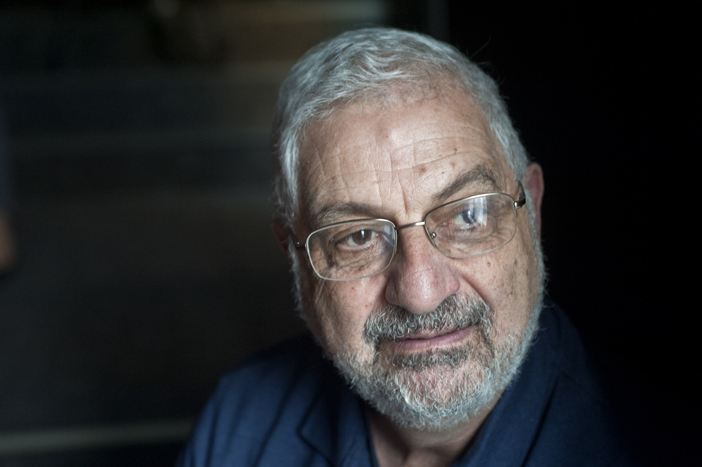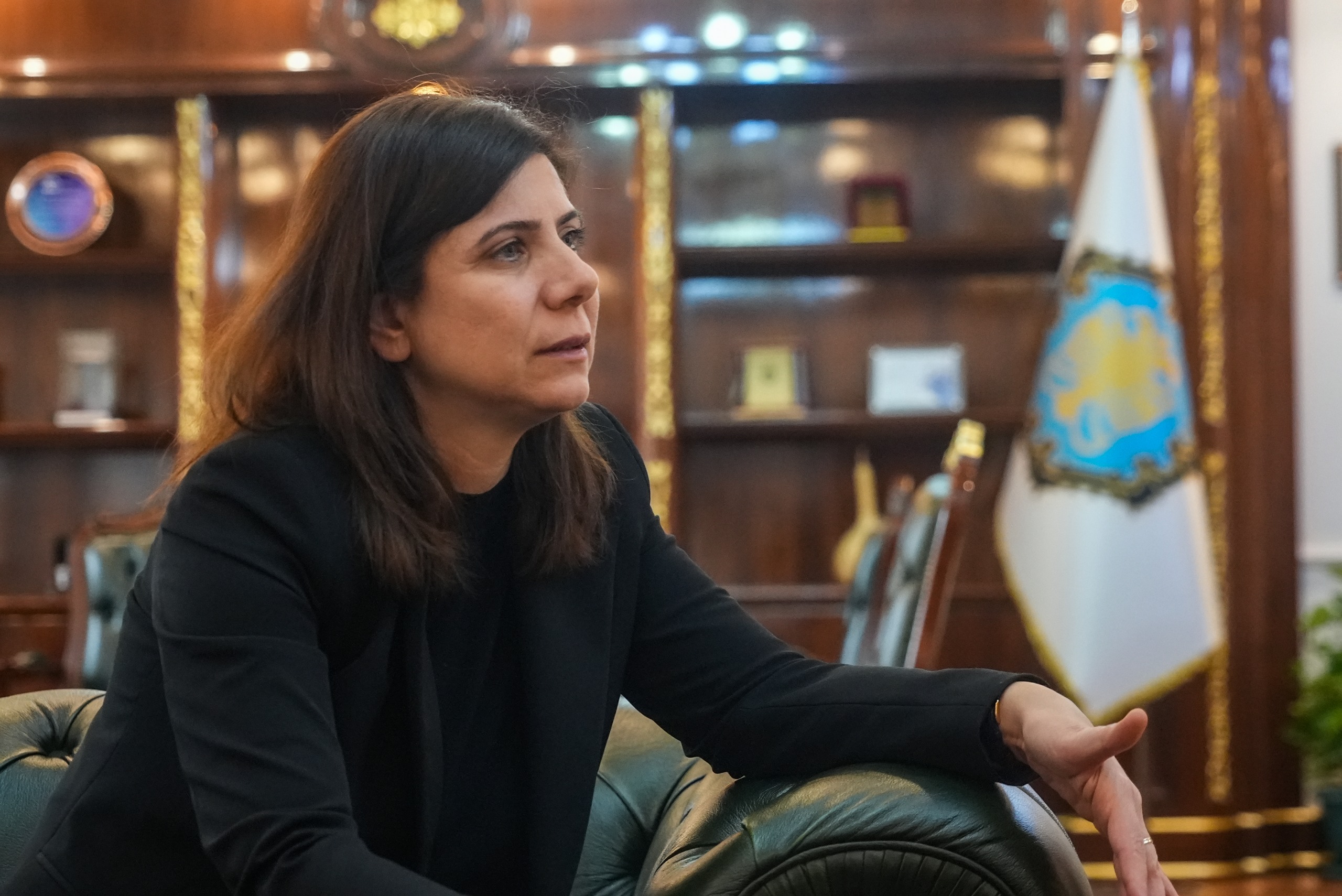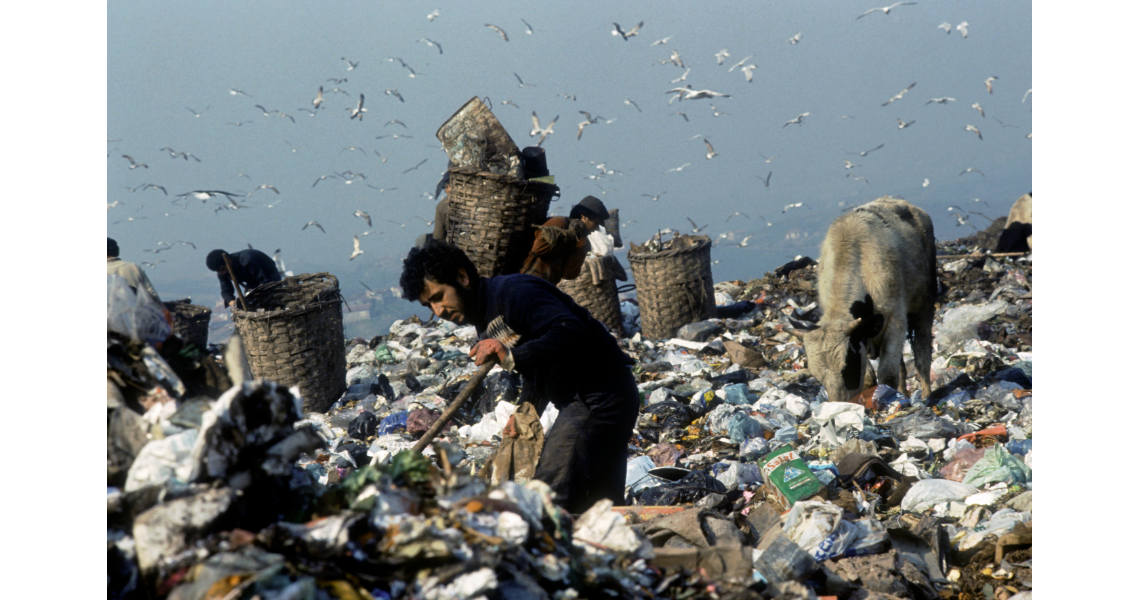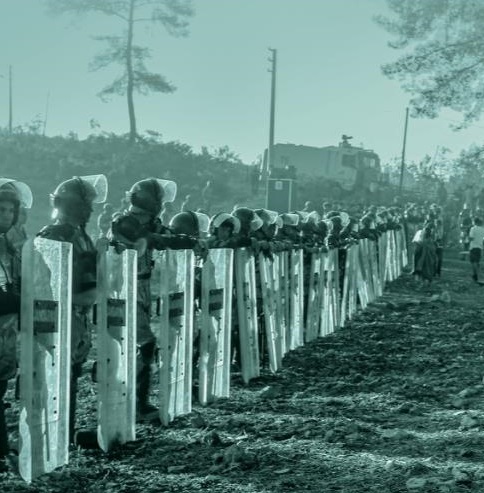American-Armenian scholar Ronald Grigor Suny was the speaker of human rights and freedom of expression conference, which is held once in a year in Boğaziçi University in memory of Hrant Dink. He made a presentation titled “The Crisis of Contemporary Democracy”. We talked to Suny about this crisis in terms of Turkey and world and its relation to populism.
Let’s start with Garo Paylan’s speech in parliament. He used the word “genocide” regarding what happened to minorities in early 20th century. This speech was harshly criticized by other political parties. His statements were removed from the parliamentary minute and he was excluded from the discussions for 3 sessions. What do you think about that?
First of all, at this point of time, in 2017, most of the historians and societies understand that what happened in 1915 was a genocide. By genocide, we mean a government initiated mass killing of a designated group defined by culture, ethnicity, religion, language. This is clear, there is no dispute any more. But some governments like the government in Turkey refuses to recognize this. There are political reasons for this. By the way, my own government, the US, also refuses to call it genocide. But this is about politics, not history. That is the first thing. The second thing to say is that over years much progress has been made on the question of what happened in 1915 and why it happened and that progress also has been made in Turkey. There are many people in Turkey who I call progressive Turkish community and progressive Turkish intelligentsia who recognize what happened and who recognize it was a genocide and speak about it. In the last year, things have become difficult for Turkey for various reasons. There was the coup, war with Kurds; there was the attempt to make the government more centralized and presidential. This question of genocide has also become very agitating or hot at the moment and the speech that Garo Paylan made obviously hit a nerve; people in the parliament, both AKP and MHP, are not ready to use this word. So in some ways, we are now heading a step backwards, removing away the concept of understanding that we have earlier about this events; that is a shame. But of course, in any democratic government, you do not persecute people for free speech, you certainly do not criticize them for making a statement which happens to be true about a historical event.
What do you think about the political situation in Turkey right now? Does the current spirit of time resemble remind the previous periods of Turkey?
The history of Turkey, particularly the last seventy years, had serious ups and downs. There has been a period of greater openness, greater freedom like the first years of the AKP government when there was a sincere movement toward democracy, toward tolerance, toward opening up the society etc. At the moment, we are now in a different kind of period; it is a period that accelerated particularly after the coup in last year. People are being arrested, accused of terrorism and suffered. Members of the parliament have lost their immunity. Understanding why this is happening is very hard for people in the West. It looks to us as if it is a move away from democracy, very regrettably, toward greater authoritarianism. Yet, that tendency toward greater authoritarianism is not only a phenomenon in Turkey. It seems to me a global phenomenon happening in Europe, in Russia of course, in Hungary, in Poland, in India. I am afraid it may be happening in my home country as well, in the US, with the recent election. So, this looks like a phenomenon with a larger global context that moves democracy away from freedom of expression and tolerance. I think targeting certain groups, that could be Kurds, Armenians, various political groups etc., is very bad for Turkey, for the world and for Europe. I see that it is a general tendency happening globally rather than simply in this country or in Hungary or Russia.
In your talk at Boğaziçi University, you have defined the rising populism in the world as the syphilis of democracy. AKP abolished the peace process with Kurds and adopted a populist attitude for getting vote from the nationalists. Can this move of AKP be considered from this perspective?
We should define what we mean by populism. Populism is a political phenomenon in which leaders of a party or a group appeal to ordinary people, using a highly emotional language often including lies, nationalist rhetoric, nativist rhetoric against elites. So, populism could be against the old party establishment, oppositional parties, intellectuals, universities. So, populism wants to create a confrontation between ordinary people and the ones at the top. It could be billionaires, it could be Wall Street, it could be any group at all. And sometimes populism can be a leftist phenomenon. So, Bernie Sanders could be considered as populist. He was planning to tax the rich and end the control of very wealthy people over media and government. But the most successful populist in the US is Donald Trump. He is a billionaire, but he made a very effective link to ordinary Americans and convinced them that he could solve their problems. This is a very odd thing, but there were examples of such populist movements that have appealed from the right and from more conservative groups to ordinary population, like Silvio Berlusconi in Italy, Juan Peron in Argentina. The problem with populist movement is that they seem to be democratic, they appeal to the people. They use the rhetoric and language of democracy. But when they get into power, they all forget about the democracy and become far more authoritarian, far more interested in their own power and their class interest.
You also said that optimism is required to achieve change and movement. Can optimism alone initiate change and movement?
One of my friends said to me "don't use the word optimism, use the word hope". So, hope or optimism, whatever word you want. Of course, it is not enough, but if you are too pessimistic and you think we do not have to do anything we cannot do anything. As we said in English: "You cannot fight city hall", just wait for things to go on. Then, nothing would change. That is why I appeal to young people, because I said young people can be hopeful, optimistic and I use one sentence that I think it is important. Don't mistake the present for the future. By that, I am saying you live in the present. Sometimes people think this is the way was, this is the way is, this is the way will always be. Of course, that is not true. I am seventy-six years old, I lived a long time already and I realized things change. In 1960s, we were very optimistic and very hopeful and we effectively ended a war in Vietnam, civil rights movement was created, African-American got more rights, women got more rights, gay people got more rights etc. All these things were very progressive. They are very successful and very progressive even for the present. Many people in America reacted against these successful and progressive movements and voted for Trump, who is clearly anti-women, not particularly interested in rights of under-privileged people or African-American, anti-immigrant, nationalistic, believes in America first. But still, I do not mistake this present for the future. We do not know how long it would last. So, people in every country, including Turkey, should not think that it will last forever. It will not, because in general it has been shown that democracy has worked best to make people happy, to create social justice, to develop even the economy. There are examples like China and other places which are authoritarian and have done well economically. But they also, at the moment, are running into problems and the countries that have the greatest happiness and the greatest social justice are the ones that have the greatest representative democracy. Mostly Scandinavian countries. So, what we learn from these examples is that we would move forward, once we could combine democratic representation with social justice.
You said that democracy is possible in the states that achieve social equality and justice. What do you think about the future of democracy in the world? Do you see any possible return to Welfare Regimes?
I do not want to say that democracy can only exist in such states. There was a period when political scientists thought that without the prerequisites like high welfare, high economic development, high education, high tolerance, you cannot have democracy. I would say: Wait a minute. Those prerequisites are actually what will later be achieved by democratic regimes. Democracies began in countries that were often very poor; ordinary people, workers, women, minorities struggled to open up the country to democracy. So, people have to be ready to work together in possible ways such as organizing conferences, marching in the streets, electing democratic parties. So, I think that we have been moving in the wrong direction, particularly in the last 10 years, away from democracy. What I am saying is related to neoliberalism, unregulated or little regulated capitalism; a system that defends privatization for creating welfare for people, but that doesn’t do it. In fact, it makes the poor poorer and the rich richer. It creates inequality in society and that inequality makes democracy less possible. In order to have real democracy, you have to have people who are able to live comfortably or well enough, educated and have real choice. If you have unregulated capitalism as we have in America, then you have very wealthy people who can buy political parties, representatives, media, newspapers and they run things. It is not egalitarian in the way it should be.
Your book “Looking Toward Ararat” was recently translated to Turkish. What are the feedbacks for your book?
The book was published in English many years ago and Armenians generally did not like it, because it is critical of Armenian Nationalism and it is critical of normal national historical narrative. So, that is why that book is not so popular. The book I wrote after that "You can live in the Desert, but nowhere else", which has also been translated into Turkish, is also not loved by Armenians, because it again tries to give a much more complex understanding of why Young Turks carried out such genocidal policies. Many Armenians think that I don’t need to explain them, but I am a historian and I believe I have to try to explain. One Turkish friend, who is a very prominent intellectual, said: "Ronald, you are too soft on Turks; you give them too much benefit in the book." I think I didn’t do that. What I was trying to explain is why a government, the Young Turks government, which wanted to save its empire and to build a more modern Turkey, carried out the policy of mass murder of some of its own people, namely Armenians and Assyrians. That is the explanation, that is complicated and difficult.





